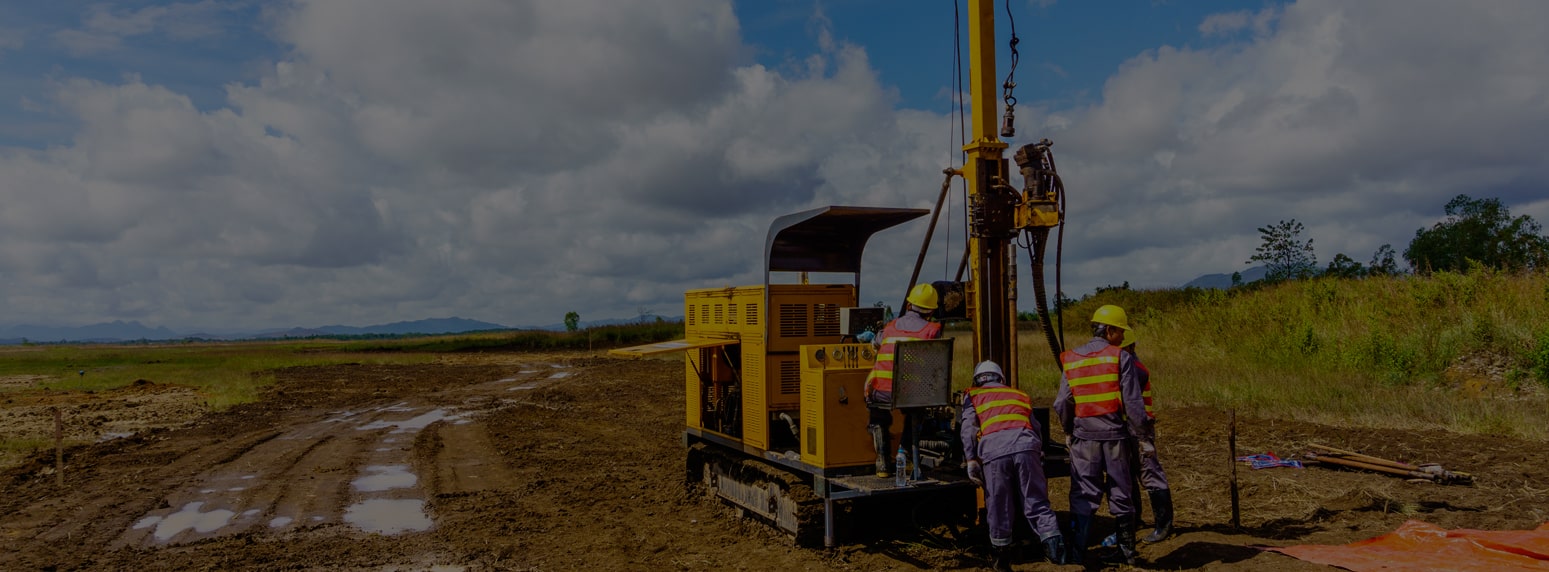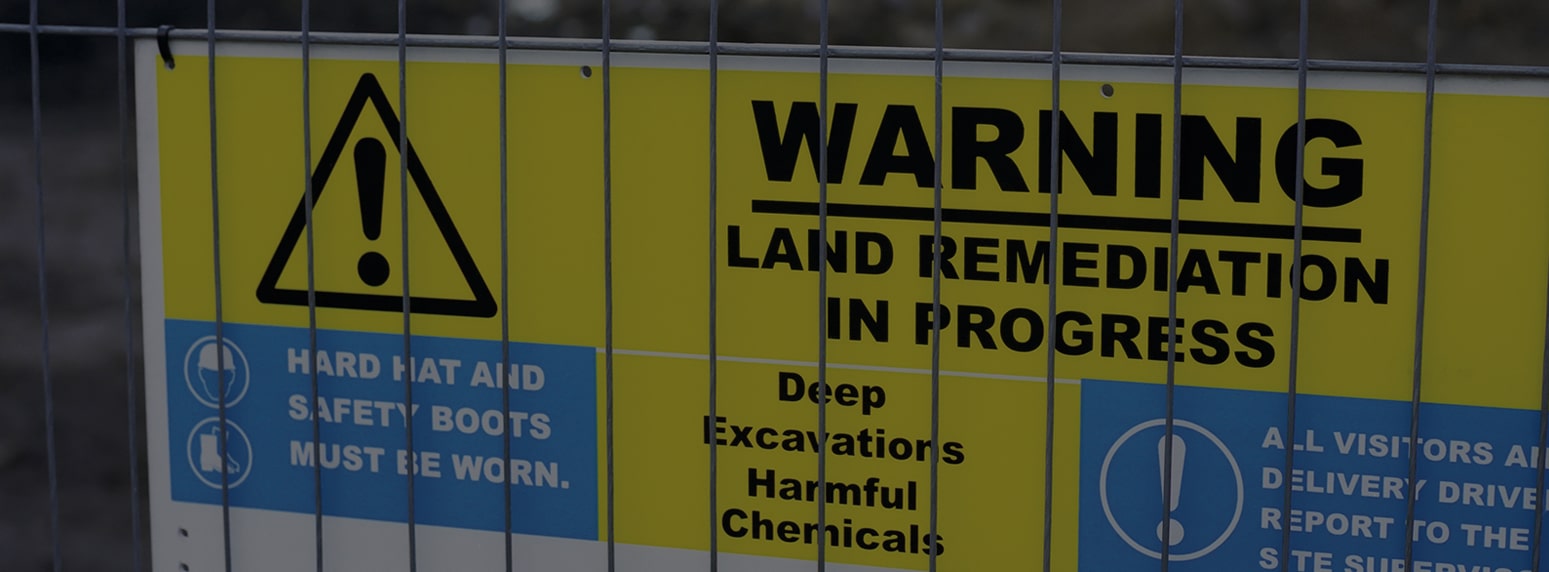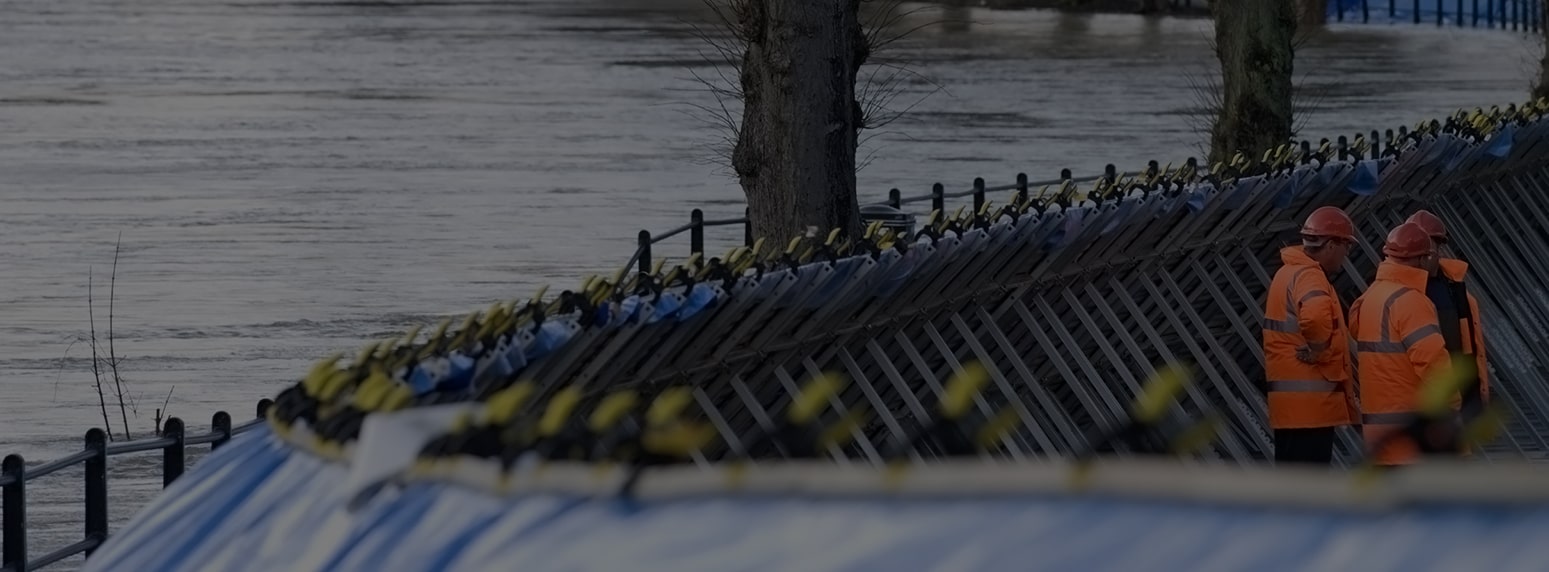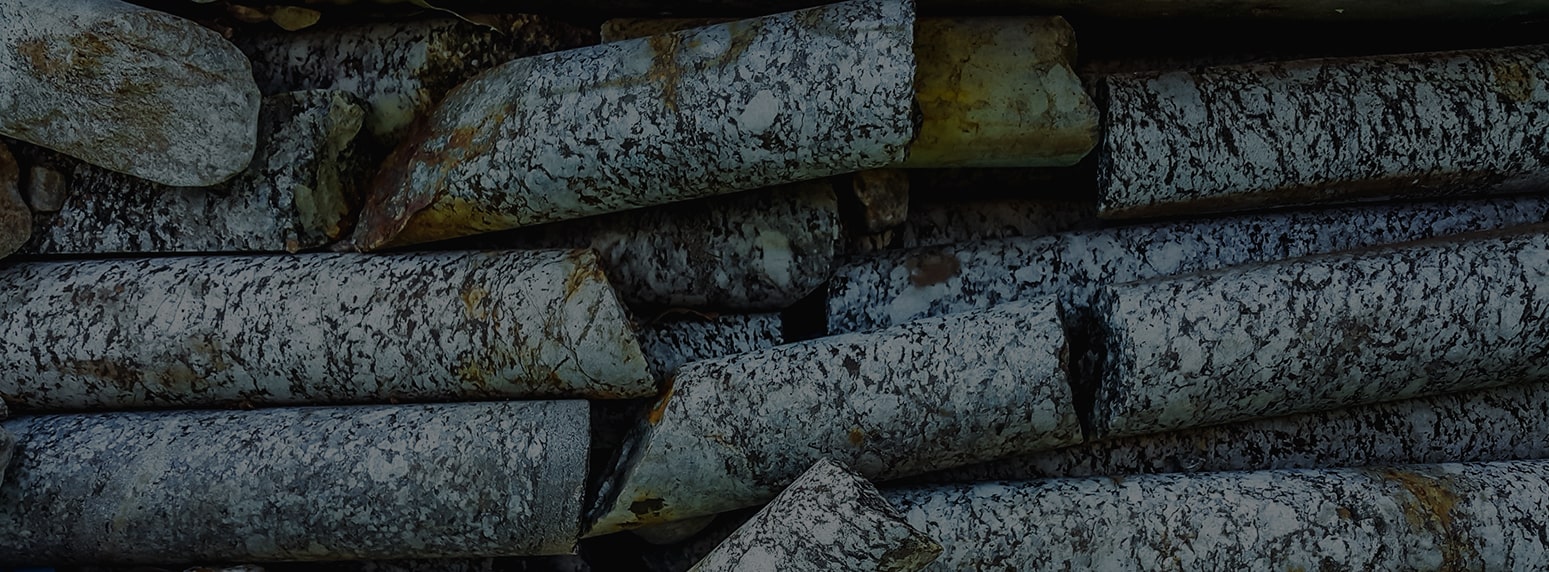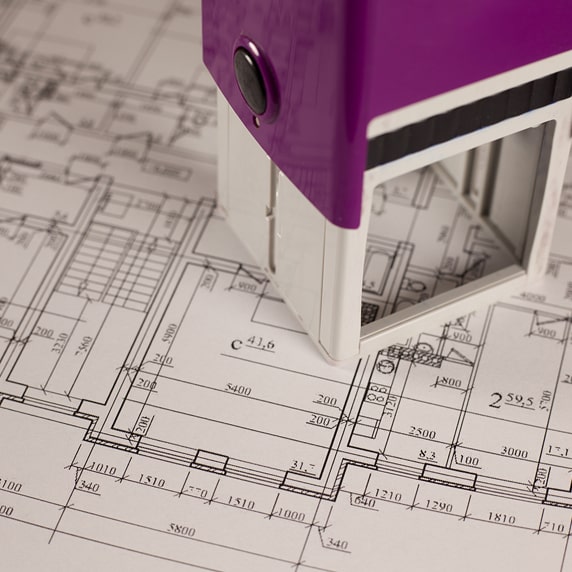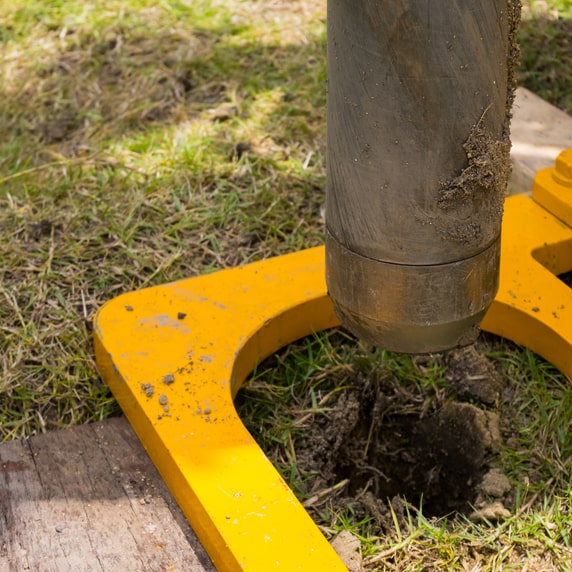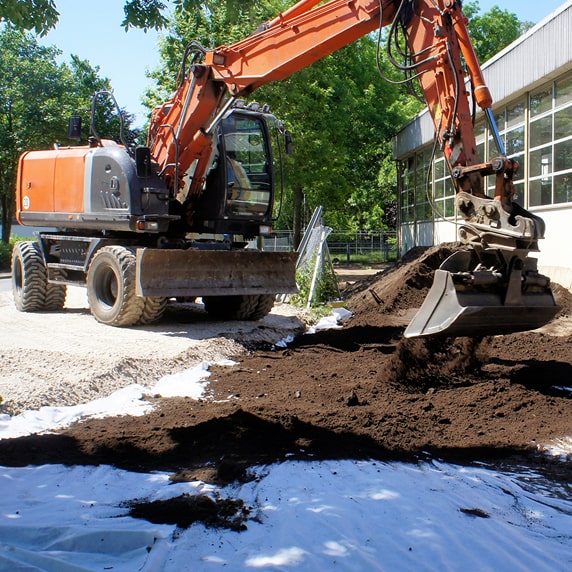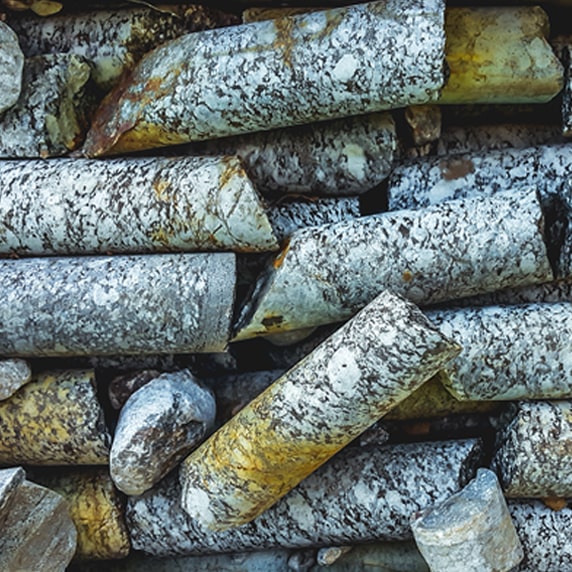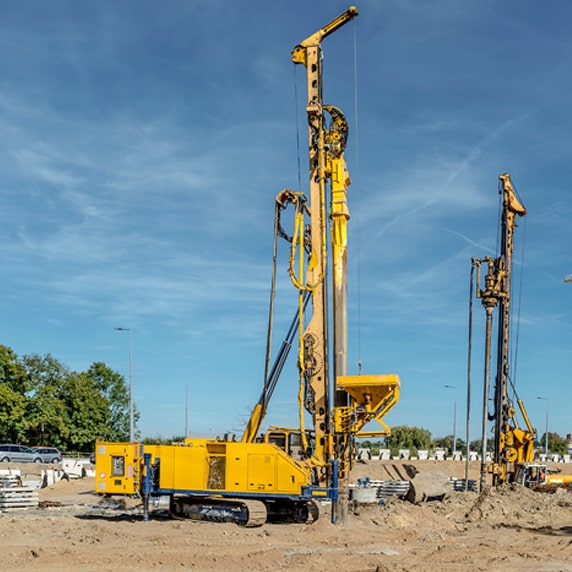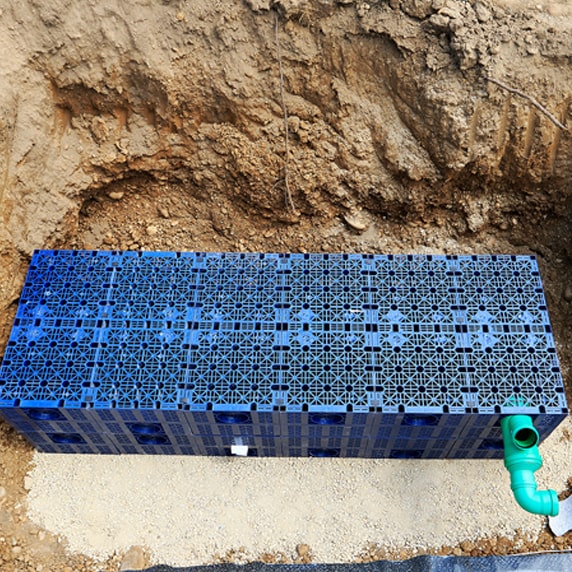Geocon Site Investigations are geotechnical environmental consultants
We are ground investigation contractors providing site investigation services to our clients for over a decade.
Our core business is the design and execution of site investigations and the provision of geotechnical and contaminated land risk assessment reports.
We provide specialist services to the environmental and geotechnical industry across a variety of sectors including but not limited to, property and commercial building development; due diligence, land sale & acquisition; infrastructure (pipelines, highways, bridges, tunnels), rail, renewables and flood defence. Our core services are listed below.
Established in 2007, GeoCon have provided our expert services to clients across the UK on thousands of sites. Our highly professional team of consultants and contractors specialise in environmental & geotechnical (geoenvironmental) site investigations projects within the construction and civil engineering industry, with a focus on environmental consultancy, ground engineering and engineering geology for Brownfield and Greenfield land.
- Fully Accredited
GeoCon are accredited members of the AGS, BGA, Builders Profile, CHAS & SSIP, Constructionline, CSCS Platinum, RISQS, Safe Contractor and SMAS. We are also fully audited and accredited with ISO 9001, 14001, & ISO 45001. - Expert Service
GeoCon specialise in Environmental Consultancy, Geotechnical Consultancy, Ground Engineering and Engineering Geology focusing on site investigation within the contaminated land and geotechnical divisions of the civil engineering, construction and development industry. GeoCon provide services for projects of all sizes. - Precise Reporting
Our team of highly skilled consultants, ensure all projects are delivered both technically accurate, on time and within budget. Contact us today to find out how GeoCon can help. - Nationwide Coverage
GeoCon Site Investigations have seven regional offices located in London (two locations), Bristol, Birmingham, Sheffield and Newcastle-Upon-Tyne, with our head office located in Manchester.

